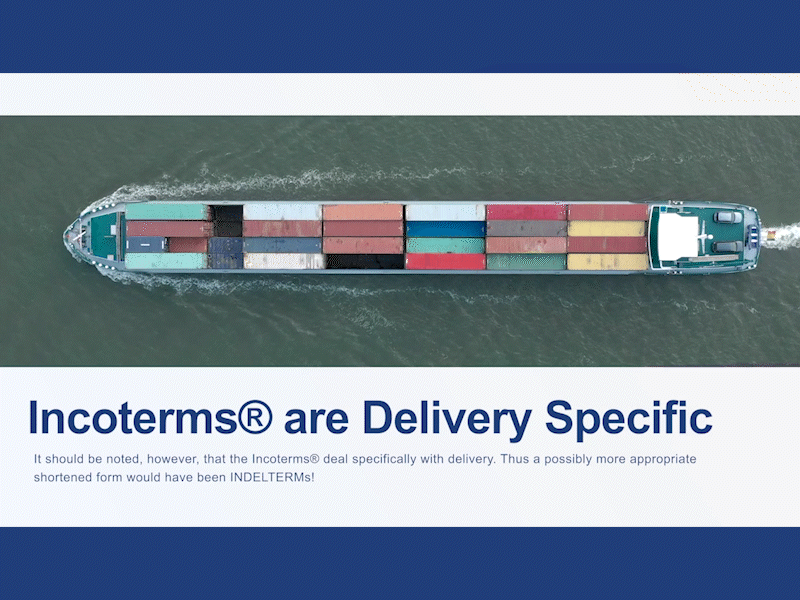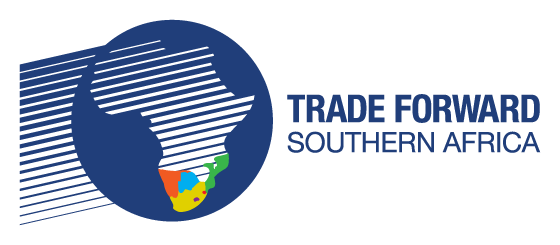For businesses investigating the international environment with a view to exporting, there are some pivotal international marketing decisions to be made before an export marketing plan can be finalised. One of these decisions is your company’s market entry strategy, which will be dependent on a number of factors. To assist you in developing your export marketing plan, let us start by breaking down the various market entry strategies building up to foreign direct investment:
Types of International Marketing Market Entry Strategies
Indirect Exporting involves your company selling its consignments of products to a local trading house or distributor which then sells the products to a customer in a foreign market. This option requires little investment on your part and carries the least amount of risk for the exporter which makes it a suitable option if you are starting out in exports. It should be noted that because the trading house assumes full ownership of the goods prior to shipment, the transaction is regarded as a domestic sale.

Direct Exporting requires you to establish an internal export business unit and potentially a foreign sales office which would take over the middleman functions of a typical trading house. By handling the export function itself, your company will gain practical export experience while refining its foreign market promotional activities which should increase its profit potential and grow the expertise of its personnel.
Joint Venturing entails your company concluding a joint venture or JV agreement with a foreign entity. This agreement might include the manufacture of a product under licence or the franchise of a retail outlet, e.g. a fast food business such as Nando’s. Under a strict licensing arrangement, one organisation permits the other to use its manufacturing process, trademarks, copyright and technical expertise in exchange for a fee or royalty.

Foreign Direct Investment, also known as FDI, is by far the most ambitious market entry strategy and is usually only considered by companies with significant financial resources and a sound understanding of the international environment. FDI involves investment in either a foreign-based company’s operation, e.g., its assembly or manufacturing plant or in a totally new business operation of its own. Essentially, your company would be securing access for its products to the foreign market by contributing to the tax base of, and employment creation in, the country concerned. At the same time, it would be eliminating much of the expense and time involved in international delivery.
To help you decide on the right export market entry strategy, whether that be an indirect, direct, JV or FDI approach, when compiling your export marketing plan, Trade Forward Southern Africa, in collaboration with the International Trade Institute of Southern Africa, has created a free and comprehensive online training course that provides invaluable training on the international environment to all those contemplating expansion into foreign markets. Click the links below to sign up for free and get started.
To sign up to the School of Export CLICK HERE.
If you already have a profile, CLICK HERE to login to begin the module.










Very cool article, thanks!